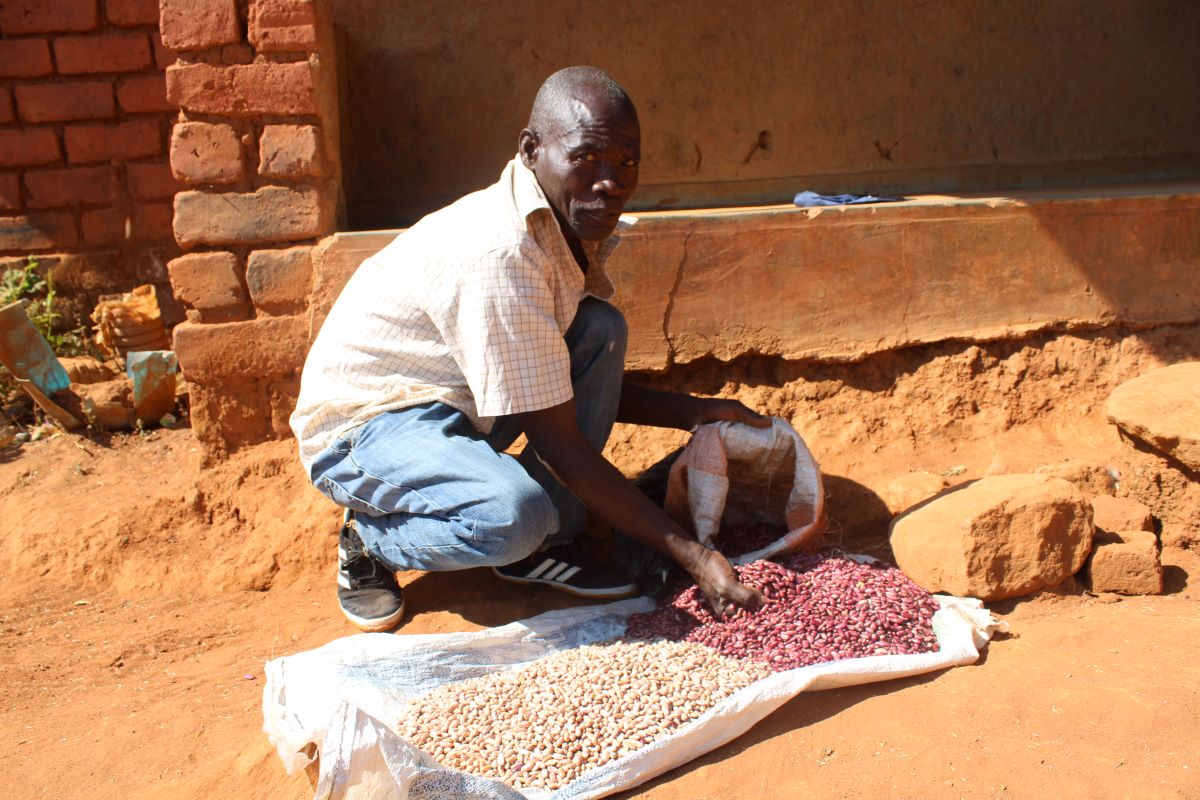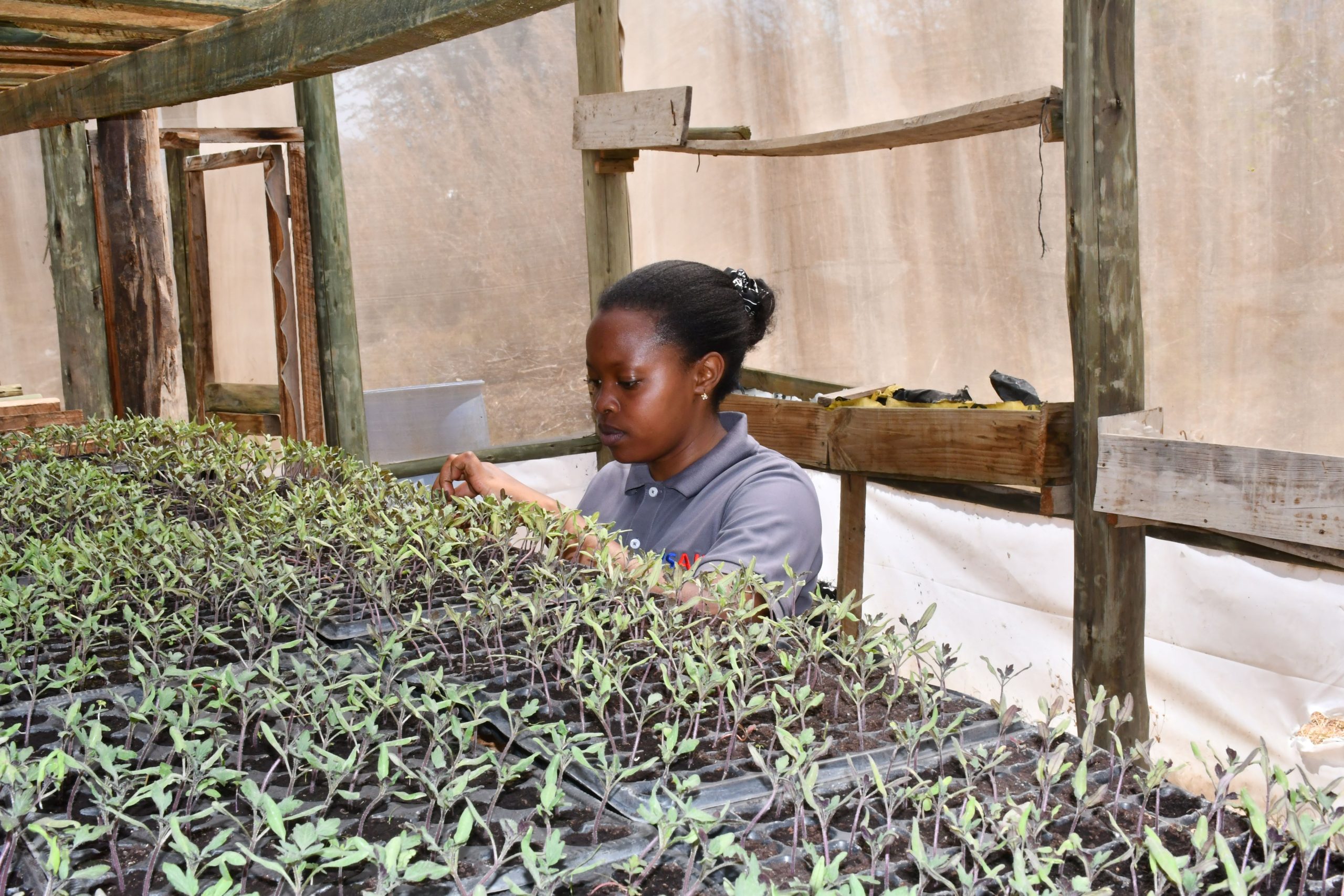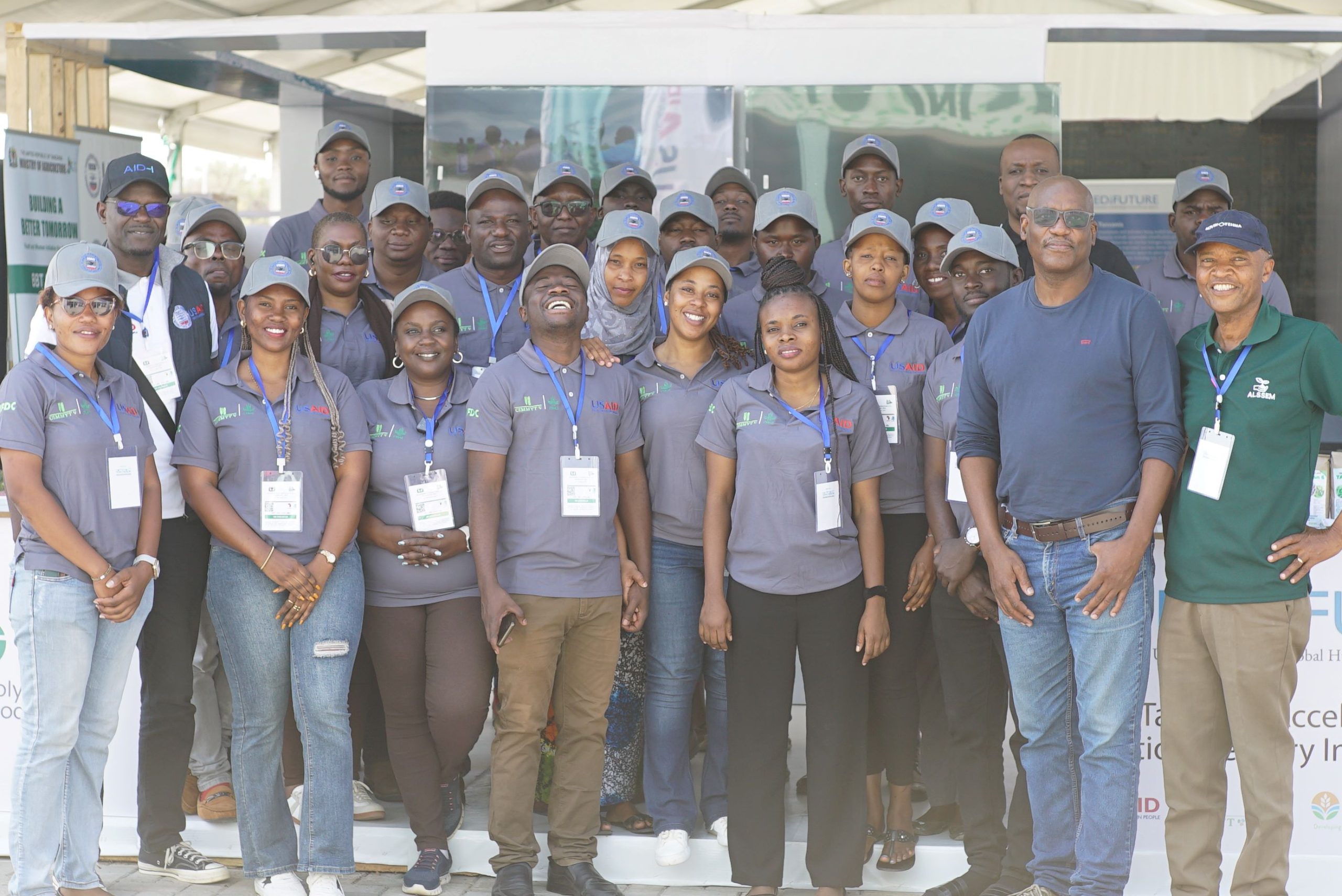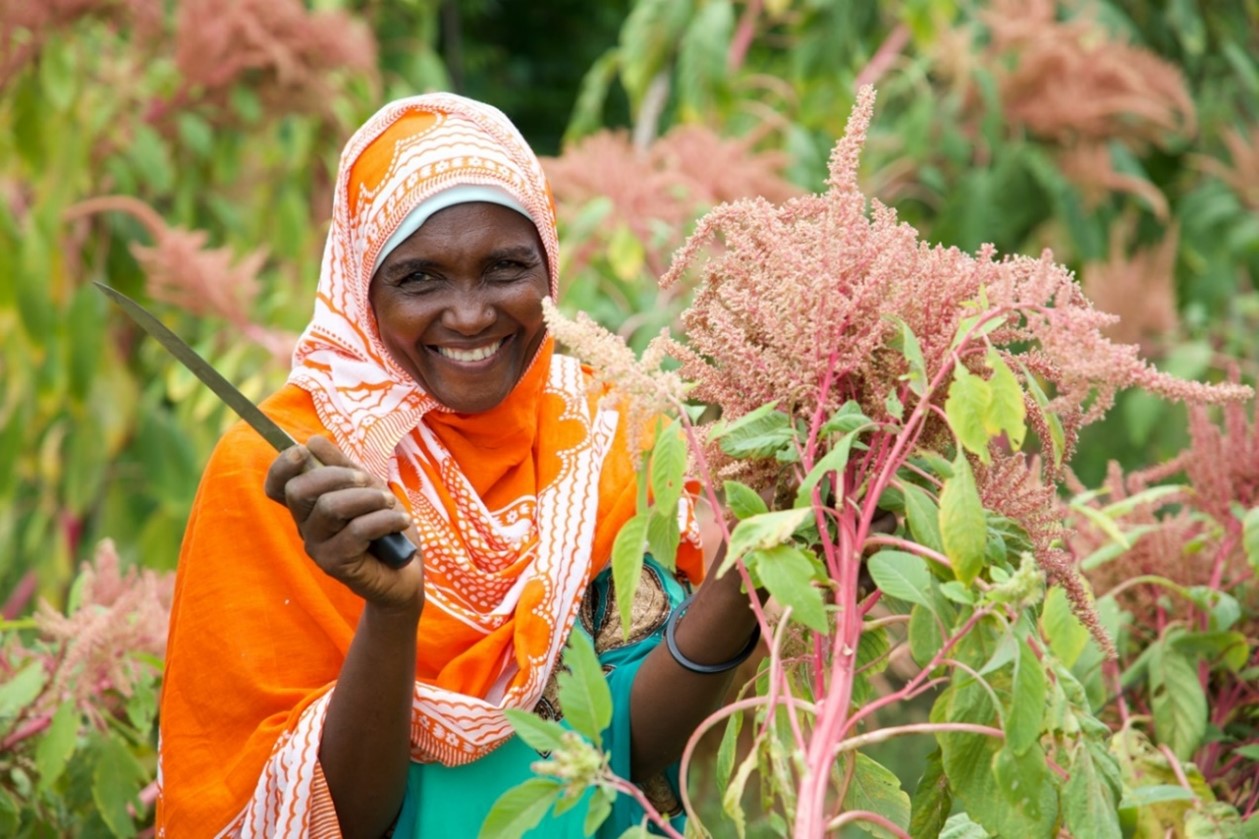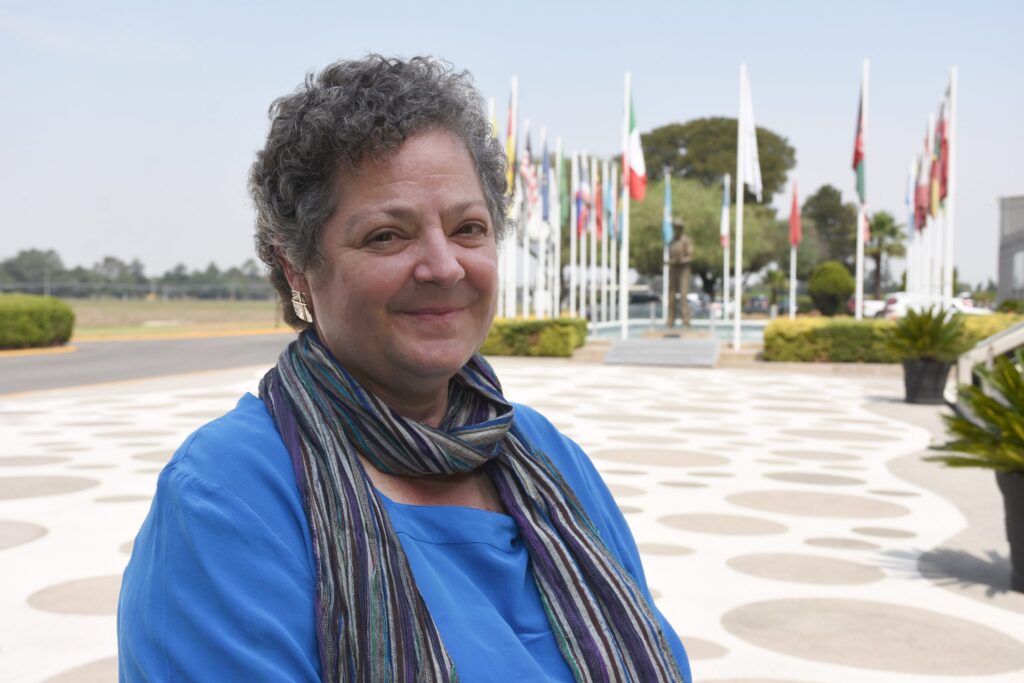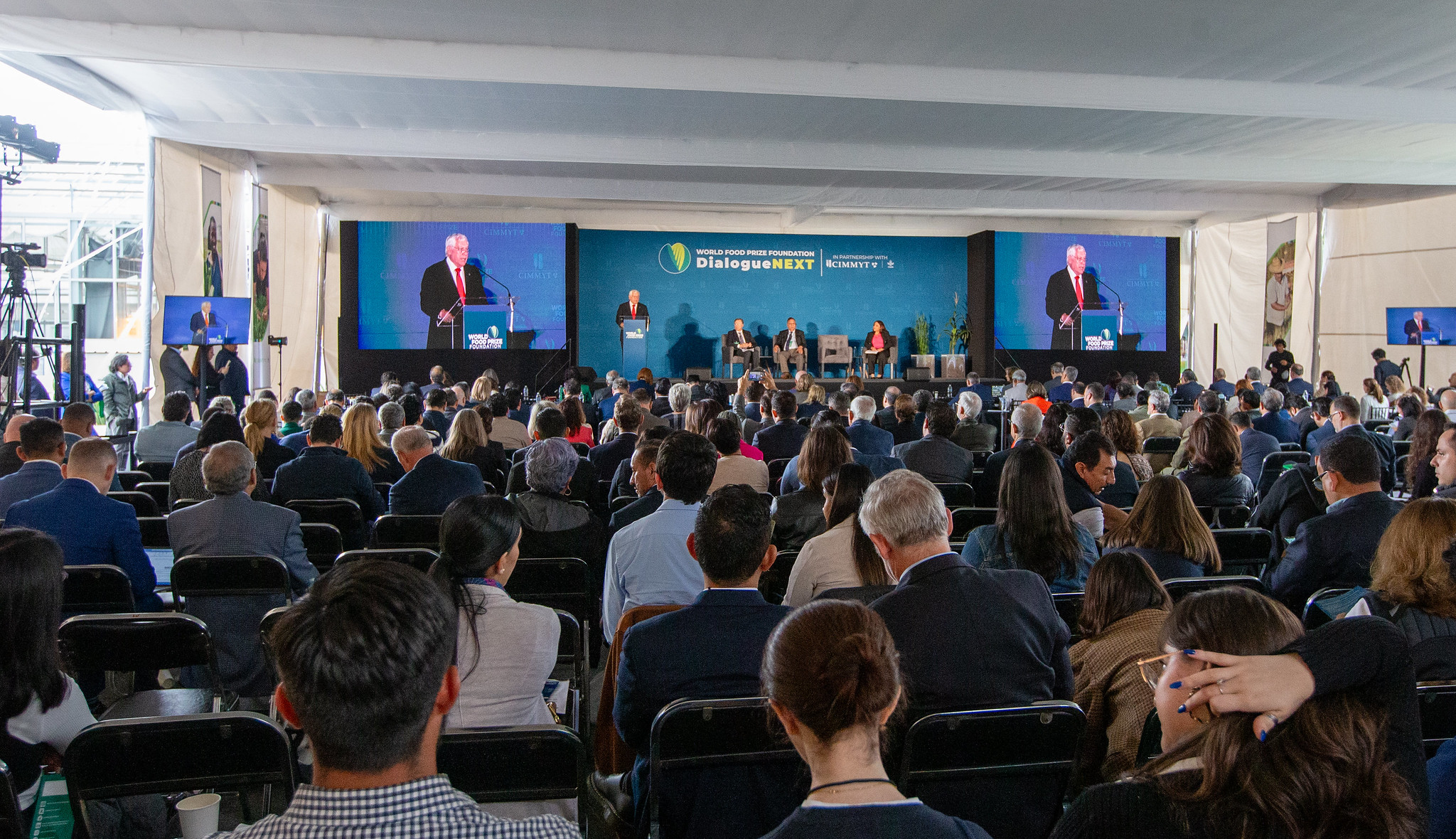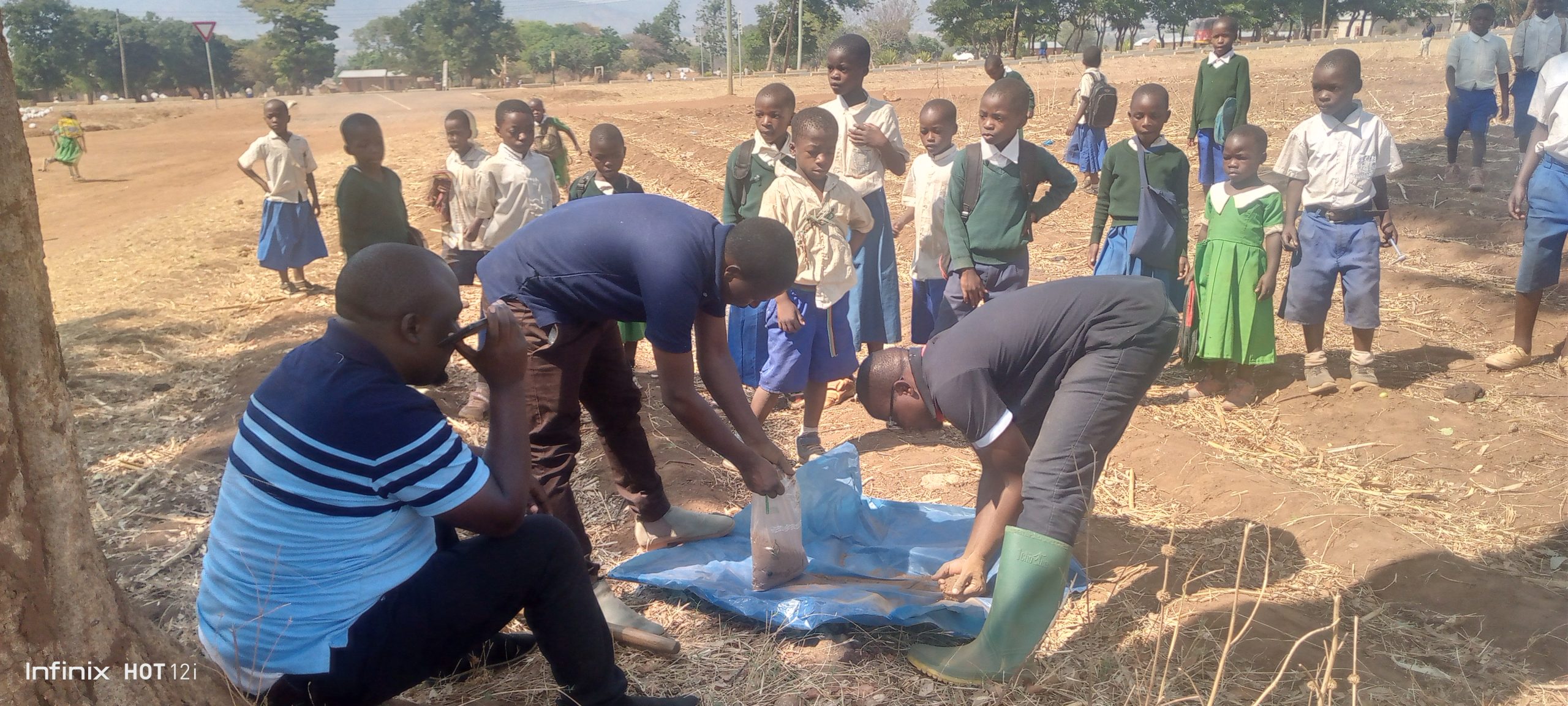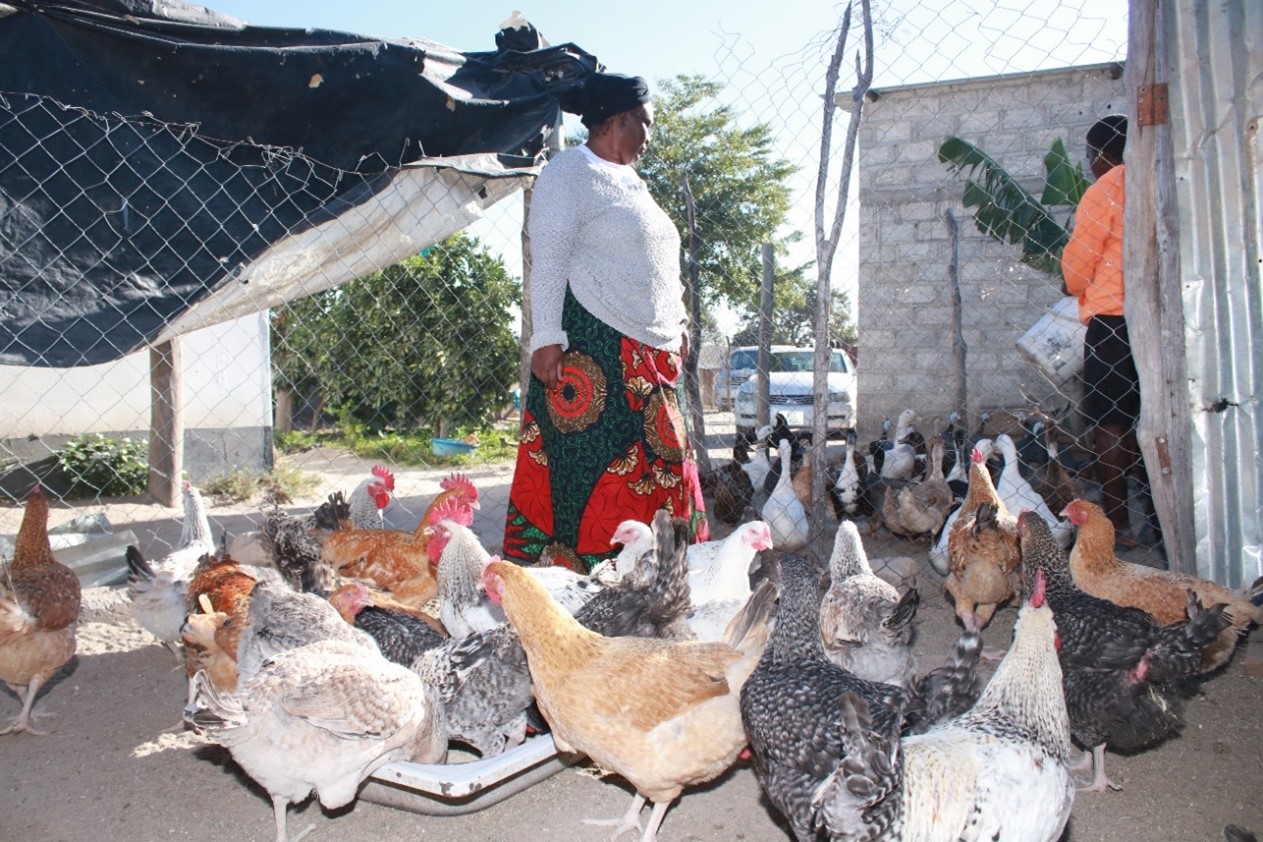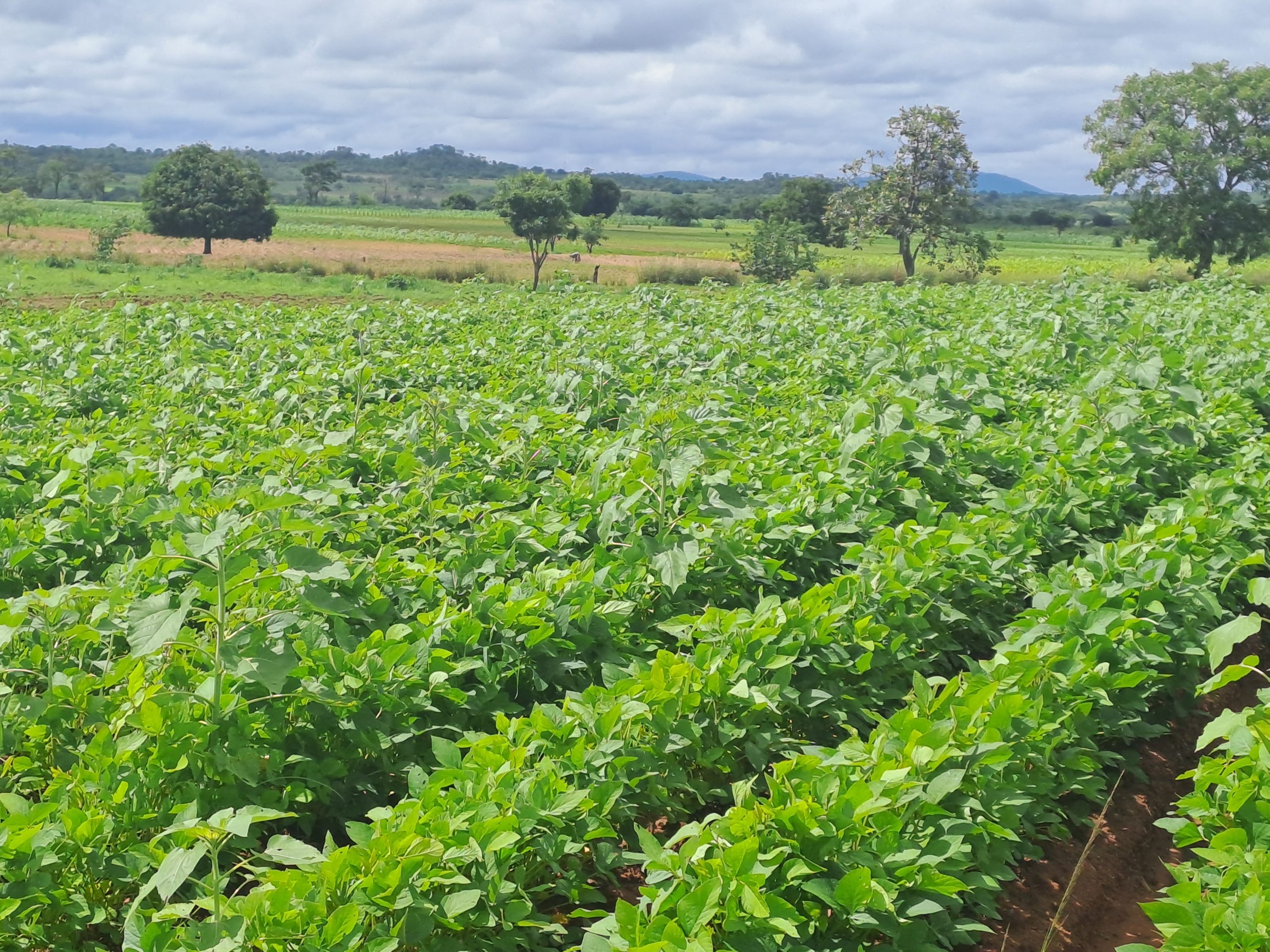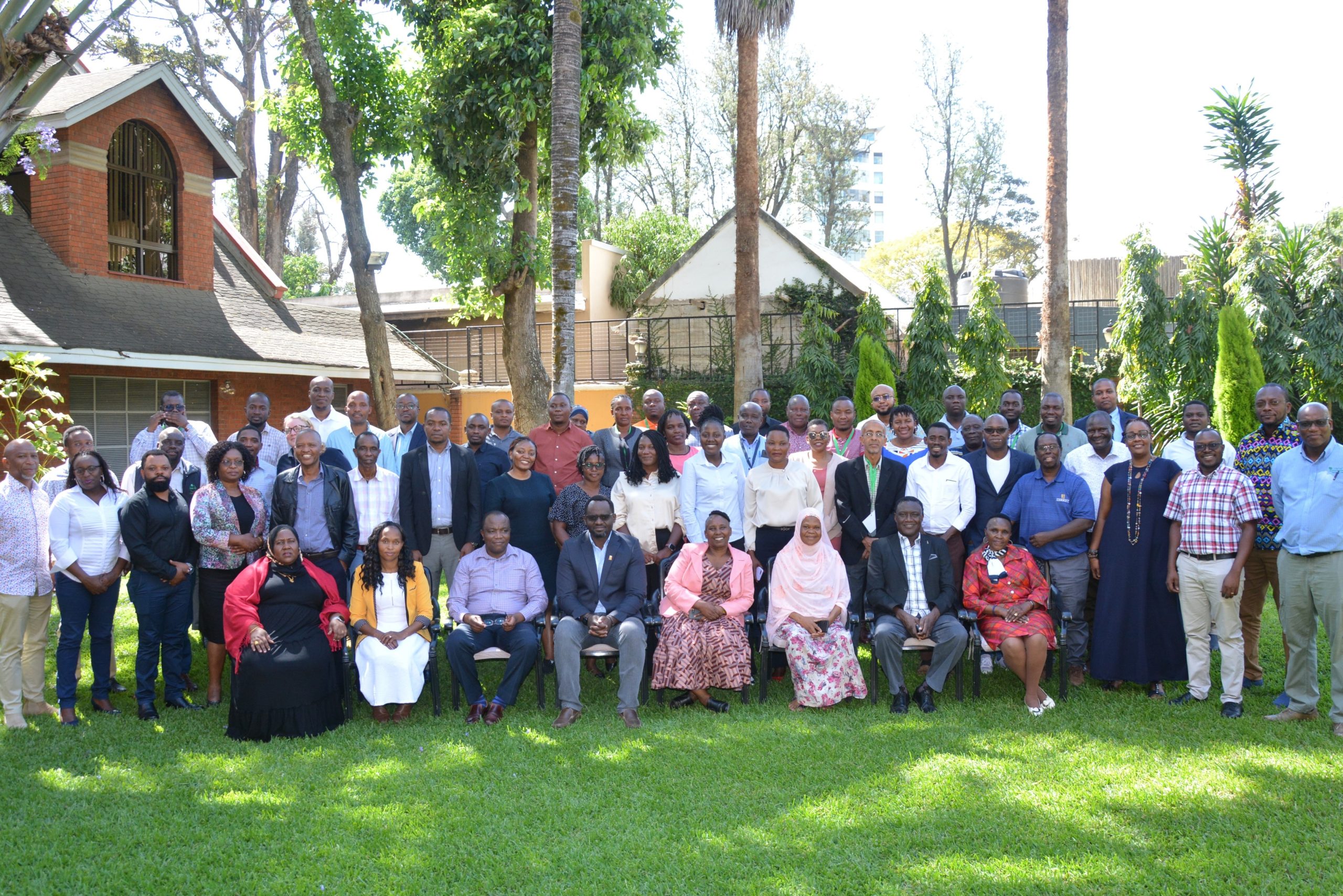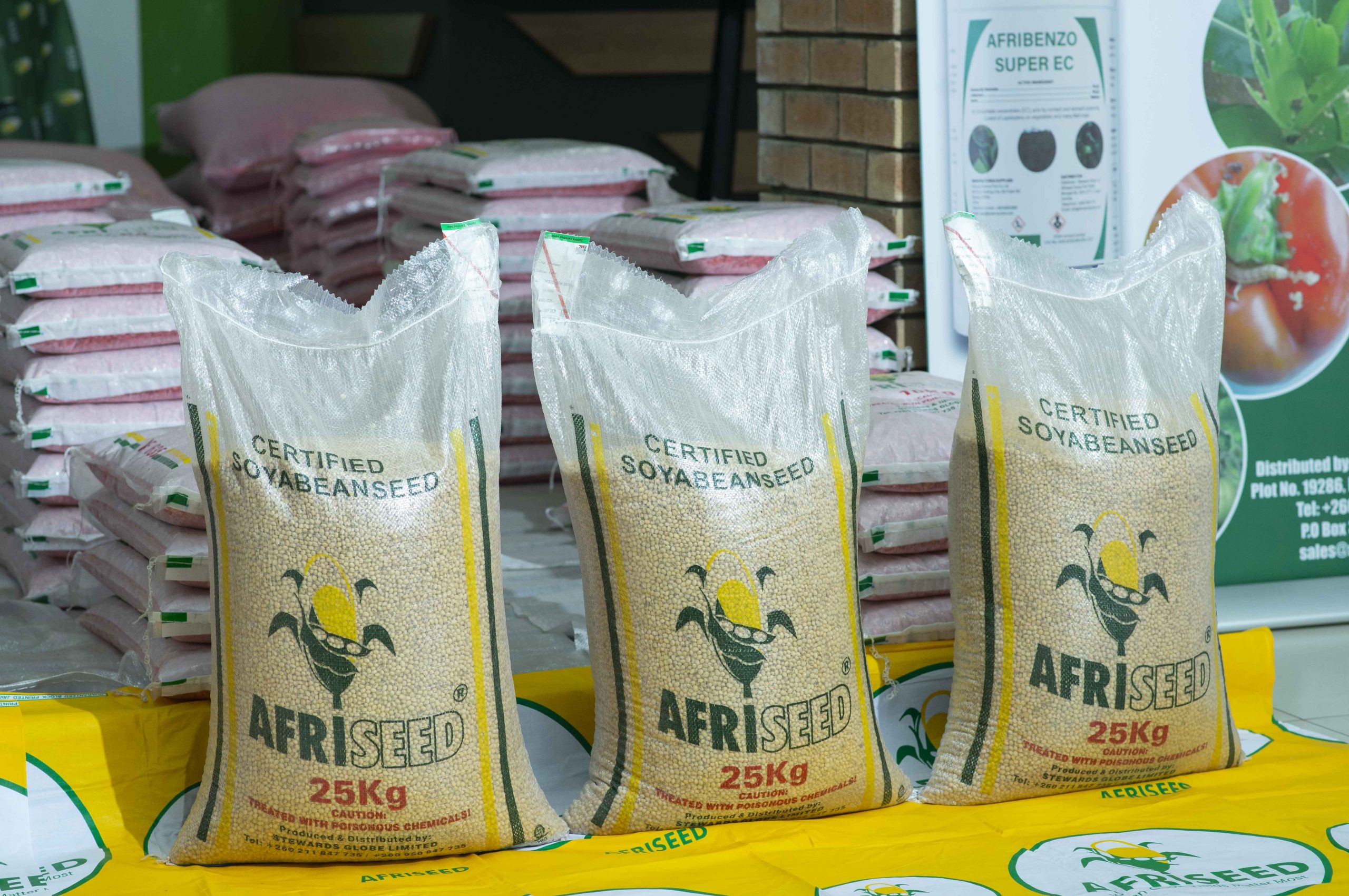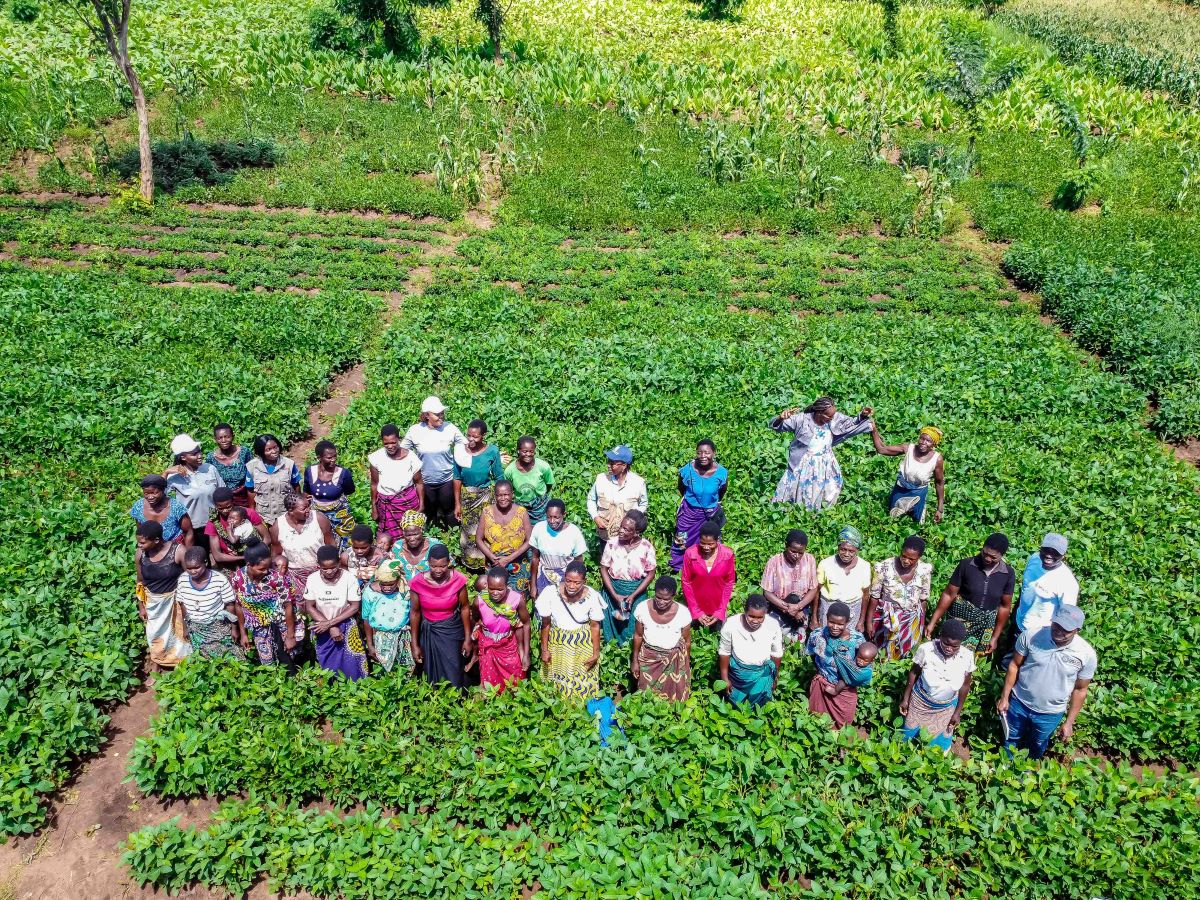
The Southern Africa Accelerated Innovation Delivery Initiative (AID-I) Rapid Delivery Hub is one of the ways in which Feed the Future, the U.S. government’s global food security and hunger initiative led by USAID, is taking immediate action to help cushion the blow of high fuel and fertilizer prices on farmers. It’s a two-year rapid response effort that connects farmers to innovative tools and information they need to manage the high costs and input supply disruptions over the next several cropping seasons.
AID-I provides targeted assistance to up to three million African smallholder farmers by improving soil health and fertilizer management; strengthening local seed systems; connecting farmers to financial products and services; and delivering extension and advisory services. AID-I Delivery Hubs focus on areas where the need and potential is greatest: Malawi, Tanzania, and Zambia.
The Southern Africa Accelerated Innovation Delivery Initiative (AID-I) Rapid Delivery Hub is establishing agile, networked rural innovation hubs to enhance the adaptation of technology, co-ownership, and sustainable inputs and outputs for value chains development. The project is fostering diversification through the scaling of productive and resilient agronomic practices and seed systems for cereals, legumes, vegetables and feed/fodder products, and strengthens rural-urban linkages to enable national capacity for cross-network management.
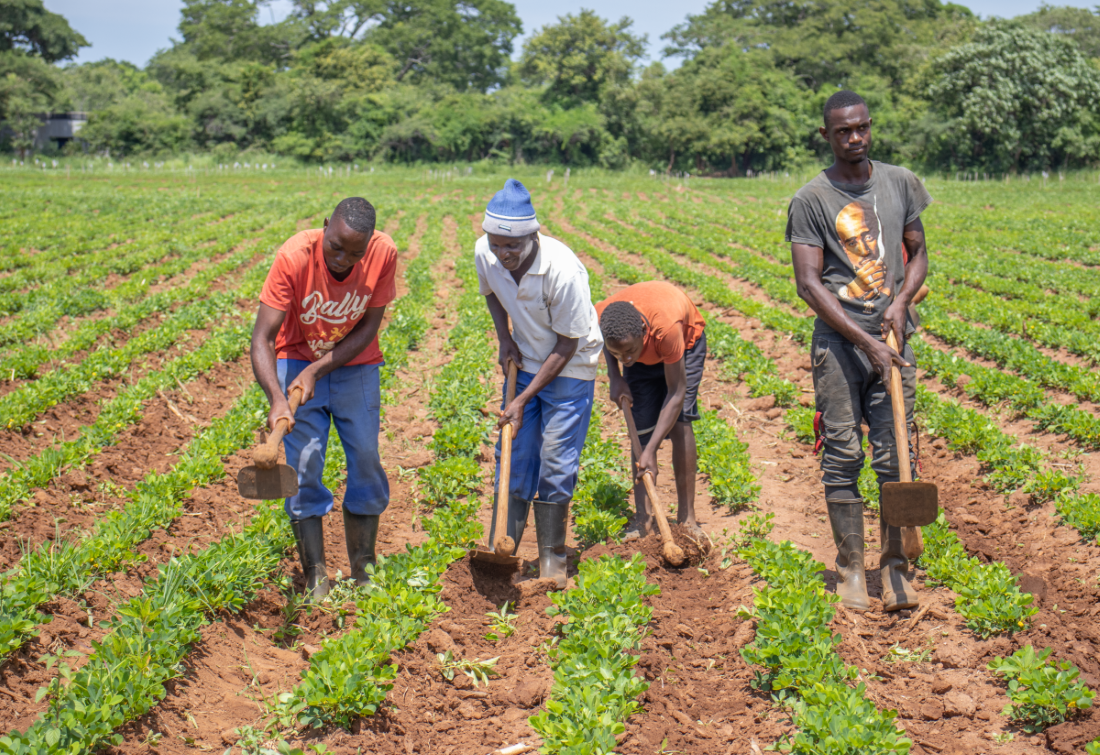
It is being implemented in close consultation with One CGIAR programs and integrates both CGIAR and non-CGIAR innovation partners to support scaling by last-mile delivery partners.
This work contributes to six of the United Nations Sustainable Development Goals (SDGs):
- Zero Hunger
- Good Health and Well-Being for People
- Gender Equality
- Decent Work and Economic Growth
- Responsible Consumption and Production
- Climate Action.
What are the project’s primary objectives?
- Improve soil health and fertilizer management to grow more, more profitably and with less waste.
- Strengthen local seed systems so agribusinesses can reach smallholder farmer customers with a diversity of crop seeds, including climate-resilient and more nutritious varieties.
- Connect to financial products and services designed to overcome the unique needs smallholder farmers and small and medium agribusinesses face; and,
- Deliver extension and advisory services on good agricultural practices, soil and water management practices, and post-harvest storage solutions so smallholder farmers and small and medium agribusiness owners are more productive and keep more of what they grow.
Video
Deputy Assistant Administrator, USAID Resilience Environment and Food Security Bureau, Ann Vaughan, visits an AID-I demonstration plot of drought-tolerant maize varieties in Zambia.
Reports
Buffering the effects of extreme drought in Zambia: New crops and Advisories are helping farmers
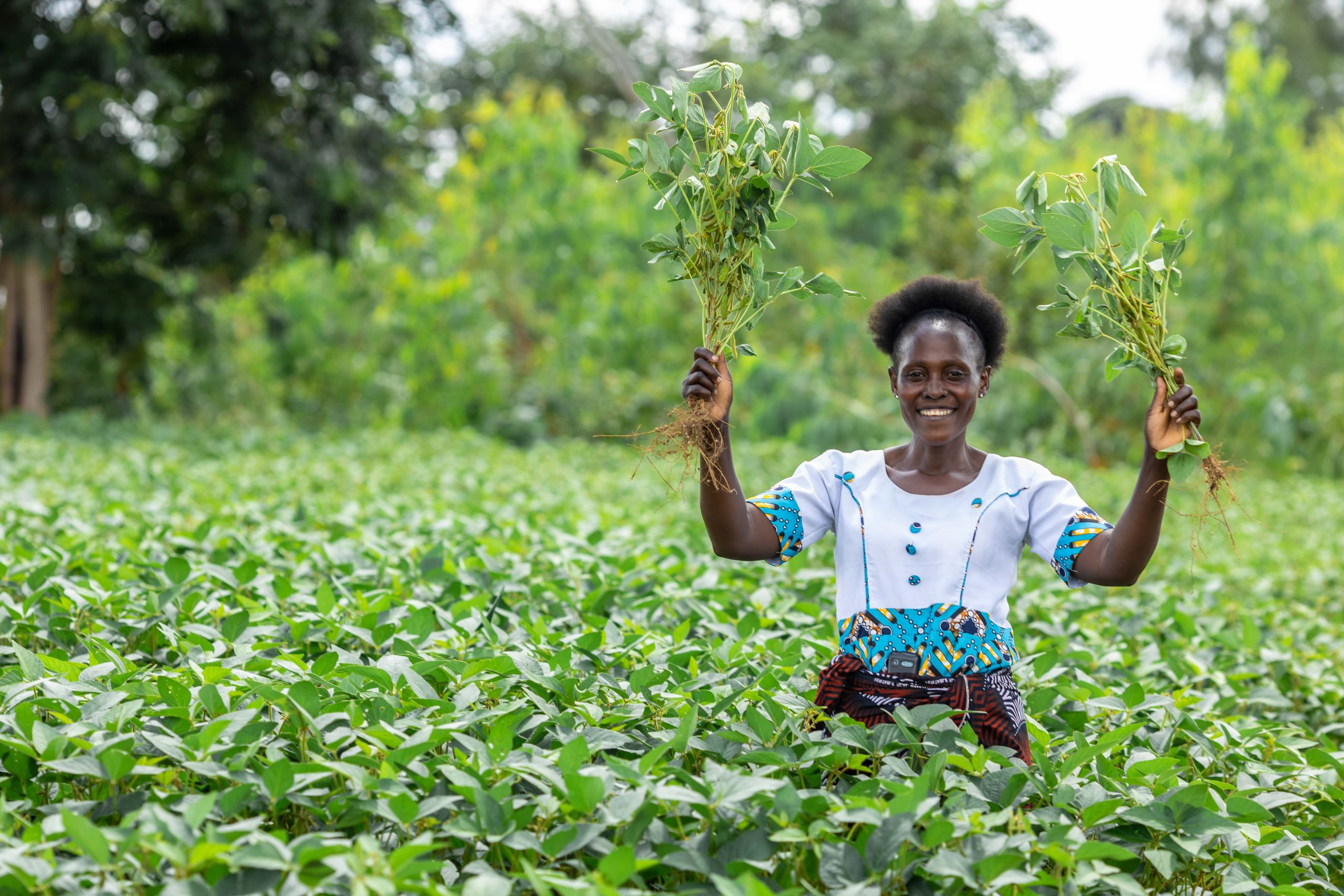
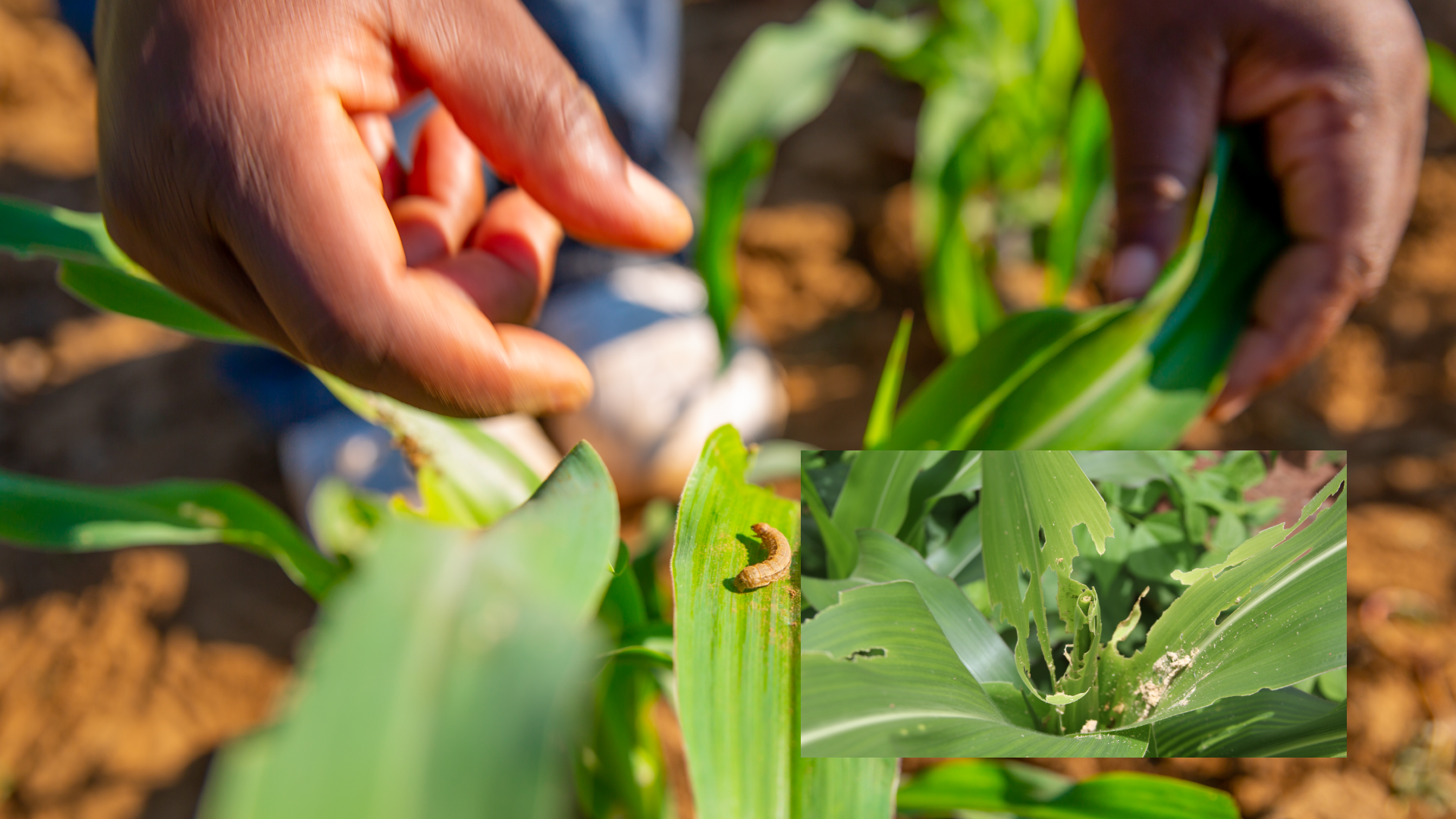
 Climate adaptation and mitigation
Climate adaptation and mitigation 